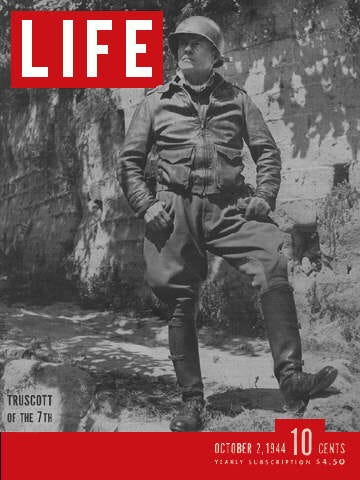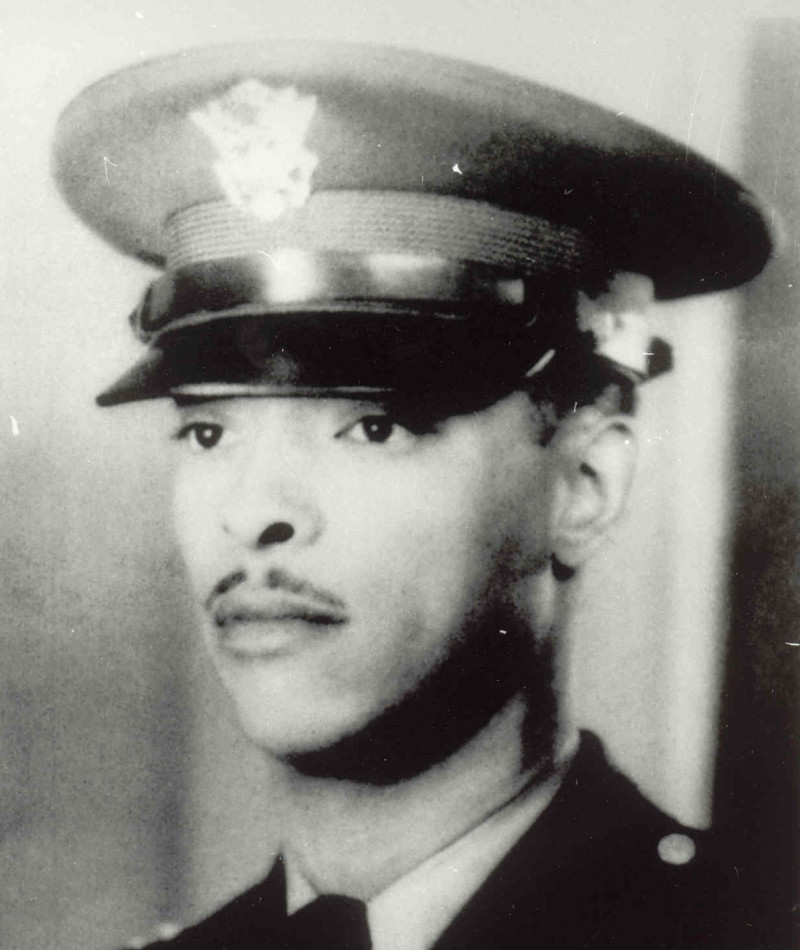Of the many legal proceedings that Donald Trump is being subjected to there is only one, or rather a portion of one, that I find has some surface plausibility - the obstruction of justice charges in the Mar-a-Largo documents case (whether he is actually guilty of the charges is another matter). I noted in Here We Go Again that the Mar-a-Lago case is another self-inflicted wound by Trump. The rest are politically motivated, with the New York cases the most egregious.
This article by Andrew McCarthy, no friend of Trump, explains how crazy the proceedings are in the current trial regarding the payments to Stormy Daniels, due to the deliberate malfeasance of the prosecutor and judge.
Understand, most criminal cases in the
United States do not take two weeks to try. There are lots of long
trials, too, but to get to this stage of the proceedings and still have
the subject matter of the case unaddressed is . . . highly unusual.
That’s because the case is not about what the case is about. That’s why I’m not sure how effective Bove’s shrewd point was. Judge Merchan has helped prosecutors frame the trial as a “conspiracy” case – specifically, a conspiracy to steal the 2016 election
by suppressing politically damaging information (allegations of
extramarital affairs), supposedly in violation of federal
campaign-finance law.
I don’t want to further belabor the record regarding how there is no conspiracy charge in the indictment, how there is no such conspiracy statute in New York law, how Bragg has no authority to enforce federal campaign law, how the statute actually charged in the indictment gives him no such authority under New York constitutional law,
and how – even if Bragg arguably had jurisdiction to enforce federal
campaign law – the so-called hush-money payments charged (based on lawful non-disclosure agreements (NDAs)) were not campaign expenditures
for which that law mandated disclosure. These points may end up being
more germane on appeal – which, if Trump gets convicted, could take a
year or more to process.
Merchan is letting Bragg’s prosecutors present the case as if the charge
were conspiracy to suppress politically damaging information, and he
slaps down Trump’s lawyers when they try to object.
As McCarthy notes, any Trump conviction will be vulnerable on appeal due to the many procedural irregularities in this case. But since this is a political prosecution it doesn't matter, since the goal is to achieve a conviction which can be used in the presidential campaign. Whether it is overturned after the election is irrelevant.
The New York case is the clearest example of the political double standard at play in the various Trump prosecutions.
In 2016, the Clinton campaign and the Democratic National Committee hired FusionGPS, paying it more than $1 million to concoct the Steele Dossier, a fictitious set of allegations regarding a conspiracy between Trump and the Kremlin.(1) The conspiracy to steal the 2016 election was an effort to divert attention from Hillary's email woes and to damage Trump during the campaign. In inventing this allegation, the Clinton campaign utilized a series of agents who had contact with Russian intelligence and Kremlin-connected oligarchs.(2) After the election, the FEC found that the campaign and DNC attempted to hide the purpose for which the expenditures were made and fined both a total of about $140,000. There were no criminal charges filed regarding the conspiracy which after it failed to bring about Hillary's election was transformed into an effort to undermine the new administration of the duly elected president of the United States.
----------------------------------------------------------------------
(1) The DOJ Inspector General report on the dossier and the FISA warrants on Carter Page implicitly found no basis for the allegations. The Durham Report, issued in May 2023, explicitly found no support for the allegations.
"Notably, not one of the damning allegations contained in the Steele
reporting was ever corroborated: not the salacious allegations of events
at the Ritz Carlton in Moscow, not the allegation of there being a
'well-developed conspiracy of co-operation' between Trump and the
Russians, not the allegations of a secret meeting involving Page and
certain sanctioned Russians (namely, Igor Sechin and Igor Divyekin), and
not the allegation of Page serving as Manafort's conduit for
information between the Russians and the Trump campaign. This is true
even after the FBI offered Steele $1 million or more for such
corroboration and after Danchenko was signed up as an FBI CHS
[Confidential Human Source] and paid more than $220,000 for information
on other matters." (pages 236-7)
It was all a cleverly invented fiction.
(2) FusionGPS was, at the same time, working for a Kremlin oligarch, trying to get Congress to rescind sanctions. Christopher Steele, hired by FusionGPS, was working for Oleg Deripaska, another Kremlin oligarch, currently under indictment in the U.S. Steele's "major-sub-source" was Igor Danchenko, who had been subject to an unresolved U.S. counterintelligence investigation due to his connections with Russian intelligence, and one of Steele's other sources (and the source for the scandalous Moscow Ritz Carlton allegations), was Charles Dolan, a DC public relations guy who was working for the Russian Federation to improve its image in the U.S. in association with Putin's press secretary and the Kremlin's ambassador to the U.S. Dolan had also been the Virginia Chairman for the Clinton-Gore campaign in 1992 and 1996, executive director of the Democratic Governor's Association, a senior advisor to Hillary in the 2008 campaign and was supporting Clinton in 2016. Dolan also authored emails asserting Danchenko was an FSB agent (the Russian successor to the Soviet KGB). When FBI analysts identified Dolan as a source and recommended the Mueller team interview him, their request was denied and they were instructed to cease their investigation.


 John Robert Fox received the Medal of Honor for his actions on December 26, 1944. Fox was a 29 year old first lieutenant and a forward artillery observer. He was stationed, along with eight Italian partisans, in the small Italian mountain town of Sommocolonia, when it was overrun by German soldiers. Calling in artillery as the enemy drew closer, he finally called in a strike directly on his position, despite the risk to his own life. The resulting barrage killed Fox and the partisans, along with about 100 Germans. His citation is below.
John Robert Fox received the Medal of Honor for his actions on December 26, 1944. Fox was a 29 year old first lieutenant and a forward artillery observer. He was stationed, along with eight Italian partisans, in the small Italian mountain town of Sommocolonia, when it was overrun by German soldiers. Calling in artillery as the enemy drew closer, he finally called in a strike directly on his position, despite the risk to his own life. The resulting barrage killed Fox and the partisans, along with about 100 Germans. His citation is below.